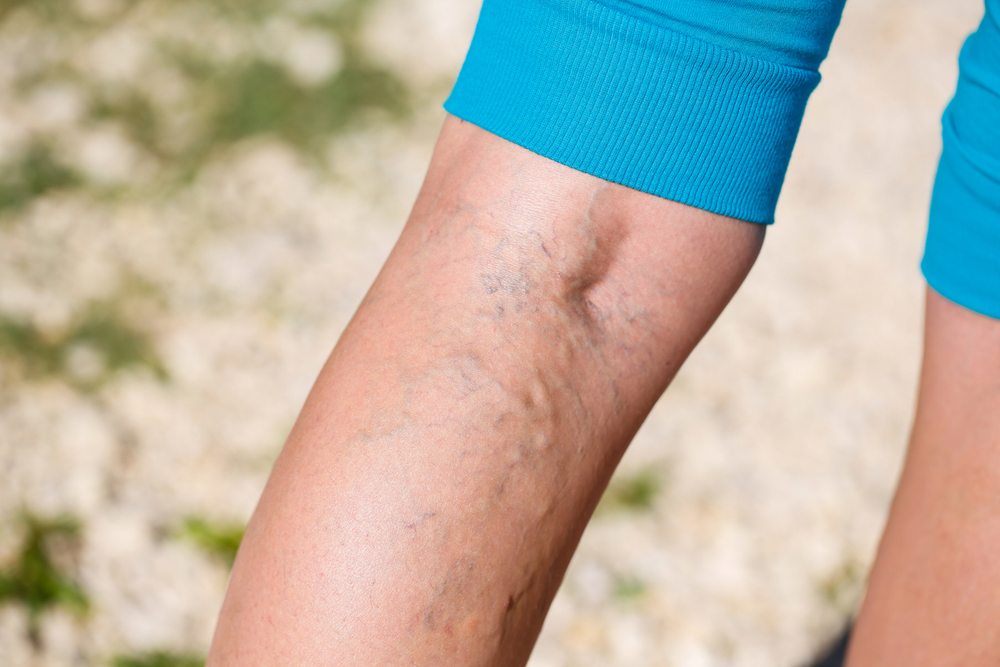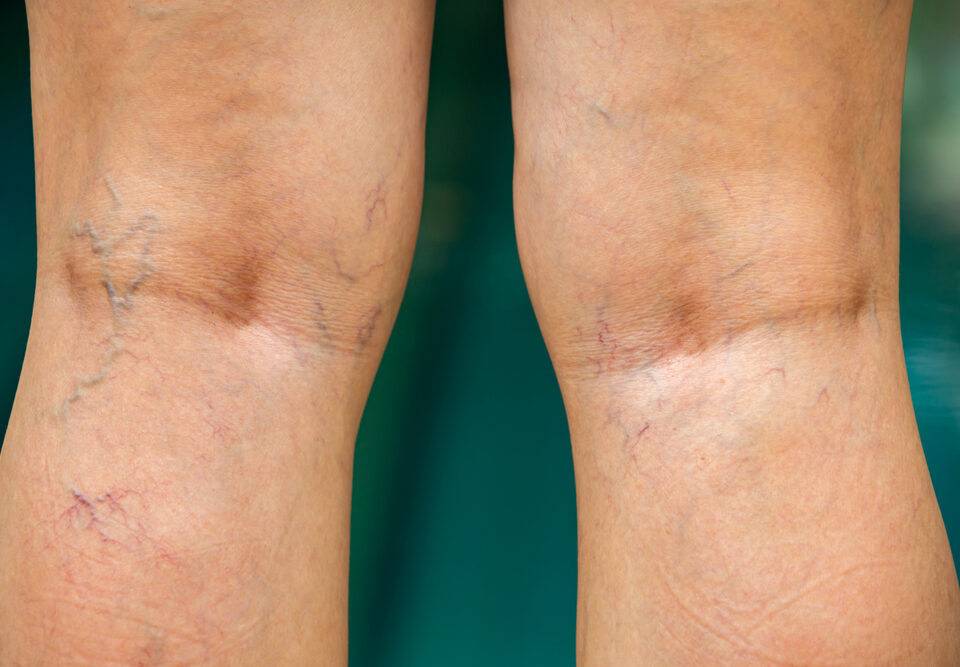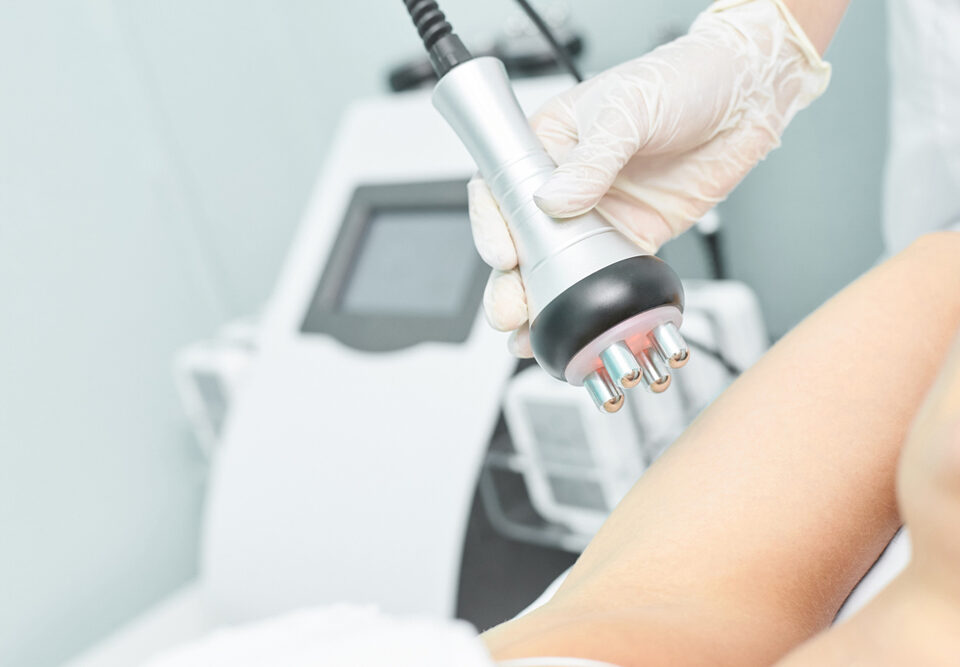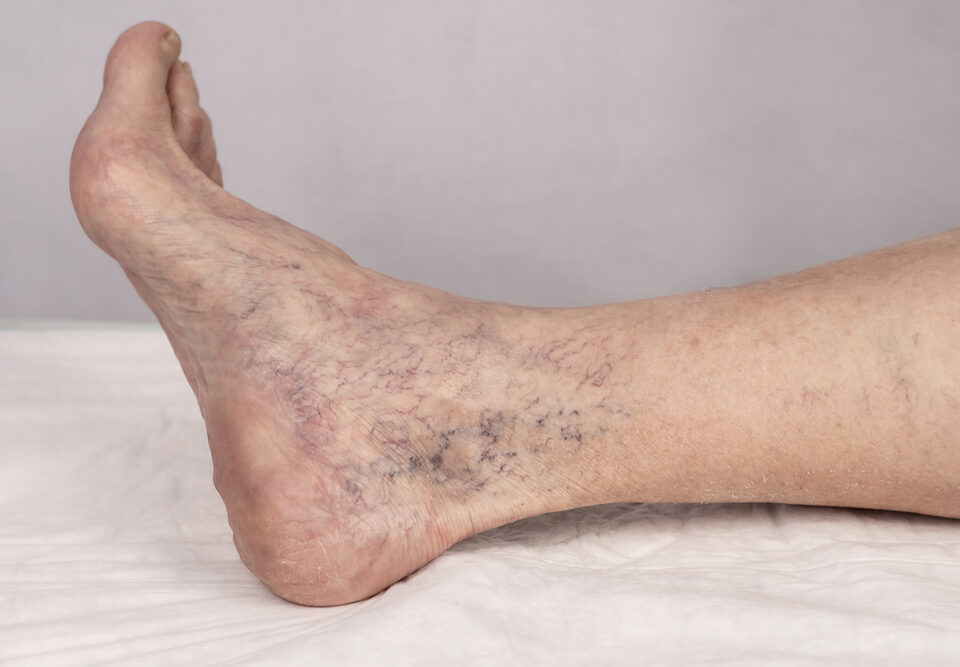Varicose veins are large, gnarled and/or twisted veins that are visible through the skin. Varicose veins happen when excessive pressure is put on veins and they become damaged or if there is a circulation problem that causes blood to pool in the veins, eventually causing them to become damaged. The most common place for varicose veins to occur is in the legs because they bear the brunt of gravity when we stand, which can hamper blood that has to circulate from the legs back to the heart.
There are a lot of symptoms associated with varicose veins ranging from cosmetic issues like visibly gnarled veins to swelling, burning, and pain. One common symptom of varicose veins is itching. The veins and the skin around them itch and can be a hassle for individuals to deal with.
Why Do Varicose Veins Itch?
Itchy varicose veins develop because of a condition that can manifest in unison with varicose veins called venous stasis dermatitis. This condition occurs when the blood that builds up in the damaged blood vessels begins to leak out of the blood vessels. Additionally, the damaged veins and the inflammation and swelling they cause can also be linked to a lack of oxygen reaching the skin near the veins. Both of these factors end up causing venous stasis dermatitis or itchy veins.
Why Is It Important to Treat?
Itchy varicose veins are essential to treat because the symptoms will continue to worsen and you will develop other conditions that can make your legs feel and look worse. First, the repeated itching can irritate the skin and end up causing wounds. Second, when venous stasis dermatitis worsens, it becomes venous eczema. The skin will begin to feel and look scaly and become red in color.
What You Should Do If Your Varicose Veins Itch
There are a lot of ways to manage your varicose veins so that you experience less itching. Here are some at-home tips to reduce the sensation of itching (as well as other symptoms) associated with varicose veins.
- Elevate Legs – Elevating the legs can reduce the amount of blood pooling in the veins and reduce the symptoms associated with varicose veins.
- Antihistamines – These medications stop the chemical histamine from acting up, which causes skin to itch.
- Medicated Topical Creams – Topical creams that contain corticosteroids or calcineurin inhibitors can reduce inflammation and relieve itching.
Final Thoughts
Varicose veins do not simply fix themselves, no matter how many lifestyle changes you make. While taking efforts to improve your lifestyle can certainly reduce the chances of more varicose veins from developing, once varicose veins develop, they need to be treated by medical professional to fix. This is why it’s important to see a vein specialist if you have varicose veins so that you can explore a variety of treatment options to permanently solve the problem.
If you are looking for an experienced and high-quality vein and vascular medical center that specializes in a variety of vascular and vein-related conditions, Premier Vein & Vascular is the place for you.
Premier Vein & Vascular of Tampa and Largo, Florida excel in the diagnosis, treatment, and prevention of vascular diseases such as stroke, chronic venous insufficiency, deep vein thrombosis, varicose veins, and poor circulation. To learn more, please contact the vascular and cardiology health care professionals at Premier Vein & Vascular by calling 1-888-VEINCARE. You can also use their convenient online appointment request form.





